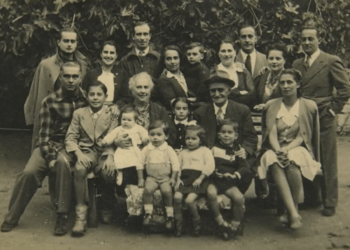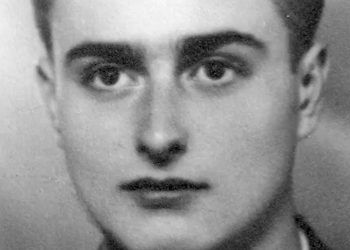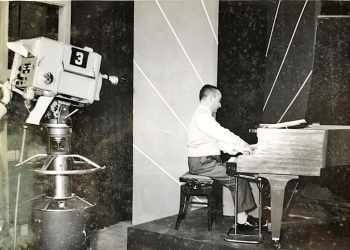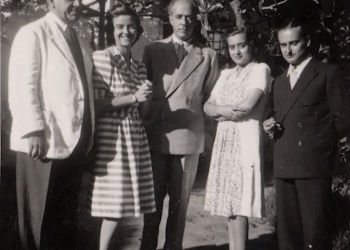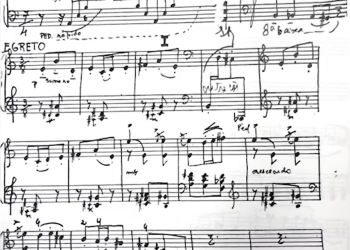Victor Macedo Pinto
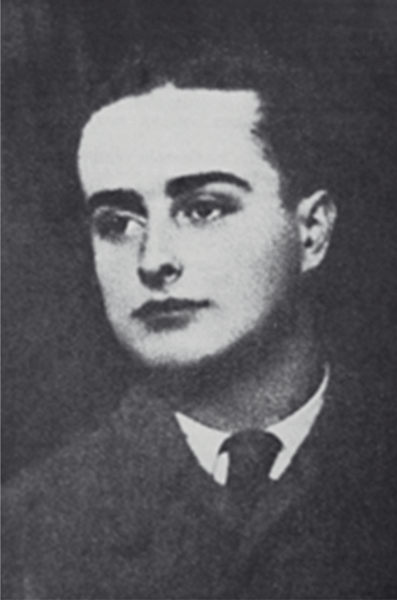
Victor Macedo Pinto, in 1935.
PORTUGAL
Composer, pianist, pedagogue and music critic, Victor Macedo Pinto was an important personality in the Portuguese musical scene of the 20th century, having left a wide and eclectic legacy in which the piano plays a central role.
BIOGRAPHY
Victor Coelho de Macedo Pinto was born on 23rd March 1917 in Porto and began his musical studies at the age of 15 with his cousin, Margarida de Macedo e Faro. He attended private piano and composition lessons with Luiz Costa and Cláudio Carneyro, respectively, and continued his studies at the National Conservatoire in Lisbon, graduating from the Higher Course in Piano in 1943 under the guidance of Maria Cristina Lino Pimentel. Throughout his musical career, Macedo Pinto was a piano disciple of Vianna da Motta and Winfried Wolf, and a composition student of Fernando Lopes-Graça. As a pianist, he performed in concerts promoted by musical organisations such as Círculo de Cultura Musical, Pró-Arte and Sonata, and performed regularly in trio with soprano Madalena Andersen and flautist Luís Boulton.
Macedo Pinto began his pedagogical activity in 1959, teaching the Higher Course in Piano at the Porto Conservatoire. He also taught the Higher Courses in Piano and Composition at the Coimbra and Braga Conservatoires, replacing Filipe Pires at the latter during the academic year 1963/1964. As a music critic, he wrote for publications such as O Primeiro de Janeiro, Gazeta Literária, Gazeta Musical, Arte Musical, Seara Nova, A Semana and Diário de Notícias.
In addition to his artistic career, Macedo Pinto graduated in Law from the University of Coimbra and completed the Italian Institute Course at the Faculty of Arts and Humanities. He worked as a magistrate for the Labour Court from 1945 to 1948 and then began his diplomatic career as an attaché for the Ministry of Foreign Affairs. In May 1957, he served as Second Secretary of Portugal’s diplomatic mission in Karachi, Pakistan, and returned to his country in September, thereafter dedicating himself exclusively to music.
Victor Macedo Pinto died in Porto on 31st October 1964 and left an extensive musical repertoire, which includes a wide variety of genres: piano works (Nove Instantâneos, 1956; Variações e Fuga sobre um tema de Emil Andersen, 1957; Três Homenagens, 1950-1962; Elegia a Luís Costa, 1962), vocal (Sete Canções Populares Portuguesas, 1948; Sete Canções Antigas, 1950; Ficções do Interlúdio, 1951) and instrumental (Rapsódia Coreográfica, 1962; Dança Variada, n.d.) chamber music, orchestral works (Homenagem, 1949; Sinfonia, n.d.), choral music (Missa Litúrgica, n.d.), and music composed for the staging of Euripides’s Medea (ca. 1955) and Sophocles’s Antigone (1959).
Gustavo Dias Afonso
Sources:
Carneiro, Álvaro. 1968. O pianista e compositor “Vítor Coelho de Macedo Pinto” (Para uma biografia). Porto: author’s edition.
Pereira, Maria Helena da Rocha, trans. 1955. Medeia / Eurípides. Coimbra: translator’s edition.
João Pedro Mendes dos Santos’s private collection.
Moreira de Sá e Costa family’s archive.
Victor Macedo Pinto’s archive, Portuguese Society of Authors.
